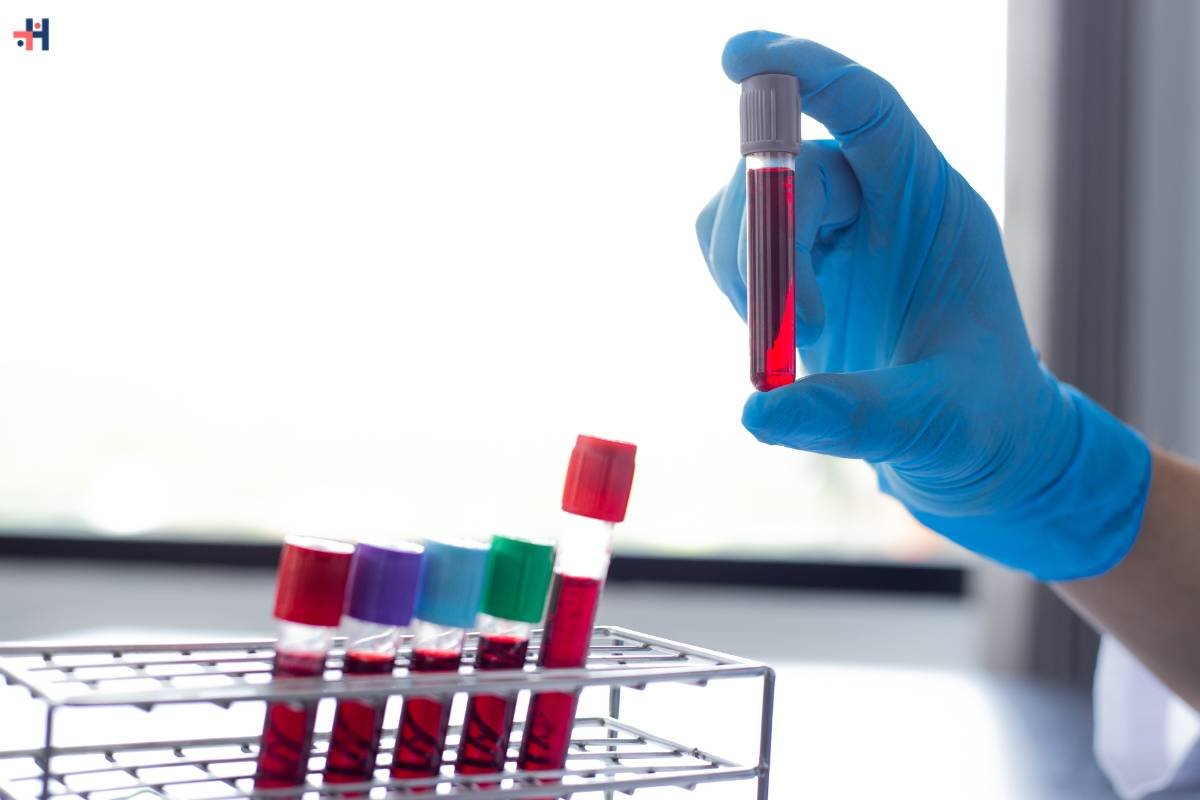Precision medicine, a revolutionary approach to medical treatment, has become a driving force in reshaping the healthcare landscape. Recent years have witnessed remarkable advancements in genetic testing and related technologies, catapulting precision medicine into the forefront of personalized healthcare. This comprehensive exploration delves into the principles, applications, and transformative impact of genetic testing innovations within medicine.
Understanding the Concept of Precision Medicine:
Precision medicine, synonymous with personalized medicine, represents a paradigm shift in healthcare. Instead of applying a universal approach to treatment, this medicine recognizes the individuality of patients, acknowledging that genetic makeup plays a pivotal role in how the body responds to diseases and treatments.
Principles of Personalized Medicine:
1. Genetic Variation Recognition:
It hinges on identifying genetic variations that contribute to diverse responses in individuals. This nuanced understanding allows healthcare providers to tailor interventions based on an individual’s unique genetic makeup.
2. Tailored Treatment Plans:

Armed with genetic insights, healthcare professionals can devise personalized treatment plans. This means selecting interventions that are not only more likely to be effective but also minimizing potential adverse effects for a specific patient.
3. Disease Prevention and Early Detection:
One of the key tenets of precision medicine is its focus on identifying genetic predispositions to diseases. This proactive approach enables healthcare providers to implement preventive measures or detect diseases at an early stage.
4. Optimizing Medication Responses:
Understanding an individual’s genetic composition aids in determining the most effective medications. This not only enhances treatment outcomes but also reduces the likelihood of adverse reactions, ensuring a more tailored and safer approach to healthcare.
Applications:
Personalized medicine manifests across various medical disciplines, significantly influencing the delivery of healthcare and transforming patient outcomes.
1. Cancer Treatment:
It has emerged as a game-changer in oncology. Genetic testing allows for the identification of specific mutations driving cancer, leading to targeted therapies that selectively combat cancer cells, minimizing harm to healthy cells.
2. Cardiovascular Health:
In the realm of cardiovascular medicine, genetic testing assesses an individual’s risk of heart diseases. This enables early intervention and provides tailored lifestyle recommendations to mitigate risks.
3. Pharmacogenomics:

Precision medicine’s impact extends to pharmacogenomics, where genetic testing predicts how individuals will respond to medications. This knowledge minimizes adverse reactions, enhancing the safety and efficacy of drug treatments.
4. Rare Genetic Disorders:
For rare genetic disorders, precision medicine offers hope by uncovering the underlying genetic causes. This insight opens avenues for exploring targeted treatment options and potentially curative therapies.
Innovations in Genetic Testing:
At the heart of precision medicine lies genetic testing, an area that has witnessed significant advancements in recent years.
1. Next-Generation Sequencing (NGS):
Next-Generation Sequencing technologies enable rapid sequencing of an individual’s entire genome. This allows for comprehensive genetic analysis, facilitating the identification of rare mutations that may hold critical medical insights.
2. Liquid Biopsies:

Liquid biopsies, a non-invasive method, involve analyzing genetic material obtained from a simple blood sample. Particularly useful in cancer detection and monitoring, liquid biopsies offer a less intrusive alternative to traditional biopsy methods.
3. CRISPR Technology:
The revolutionary CRISPR-Cas9 gene-editing technology allows for precise modification of genes. While still in its early stages, CRISPR holds immense potential for correcting genetic defects and treating hereditary diseases at the root level.
4. Artificial Intelligence (AI) Integration:
Artificial Intelligence, when integrated into genetic testing, utilizes advanced algorithms to analyze vast datasets. This enhances the interpretation of genetic data, aiding in more accurate diagnoses and predictions, thereby advancing the precision of medical interventions.
Challenges and Ethical Considerations:
Despite the transformative potential of precision medicine, it comes with its set of challenges and ethical considerations.
1. Data Privacy Concerns:
The extensive collection of genetic data raises concerns about privacy. Questions arise about how this sensitive information is stored, shared, and protected from potential misuse or unauthorized access.
2. Equitable Access:
Ensuring equal access to precision medicine is imperative to prevent healthcare disparities based on socioeconomic factors. Addressing this challenge involves developing strategies to make precision medicine accessible to all demographics.
3. Interpretation Complexity:
Interpreting complex genetic data demands specialized knowledge. Both healthcare professionals and patients may face challenges in understanding and making informed decisions based on the intricate information provided by genetic testing.
4. Ethical Use of CRISPR:
The use of CRISPR technology for gene editing raises ethical questions. These revolve around the potential misuse of gene-editing capabilities, including concerns about unintended consequences and the creation of designer babies.
The Future of Precision-Medicine:
As it continues to evolve, its trajectory holds promise and potential hurdles. The integration of genetic testing innovations, ongoing research, and ethical considerations will collectively shape the future of this transformative approach to healthcare.
In conclusion, precision medicine, anchored in personalization and genetic insights, stands as a beacon in the evolving landscape of healthcare. Genetic testing innovations, coupled with technological advancements, propel personalized medicine into uncharted territories, offering hope for more precise, effective, and personalized healthcare solutions. While challenges and ethical considerations persist, the potential benefits underscore the significance of this paradigm shift in medicine. The journey towards precision medicine is an ongoing exploration, with each genetic discovery paving the way for a future where healthcare is not only tailored but also more effective and personalized for every individual.










